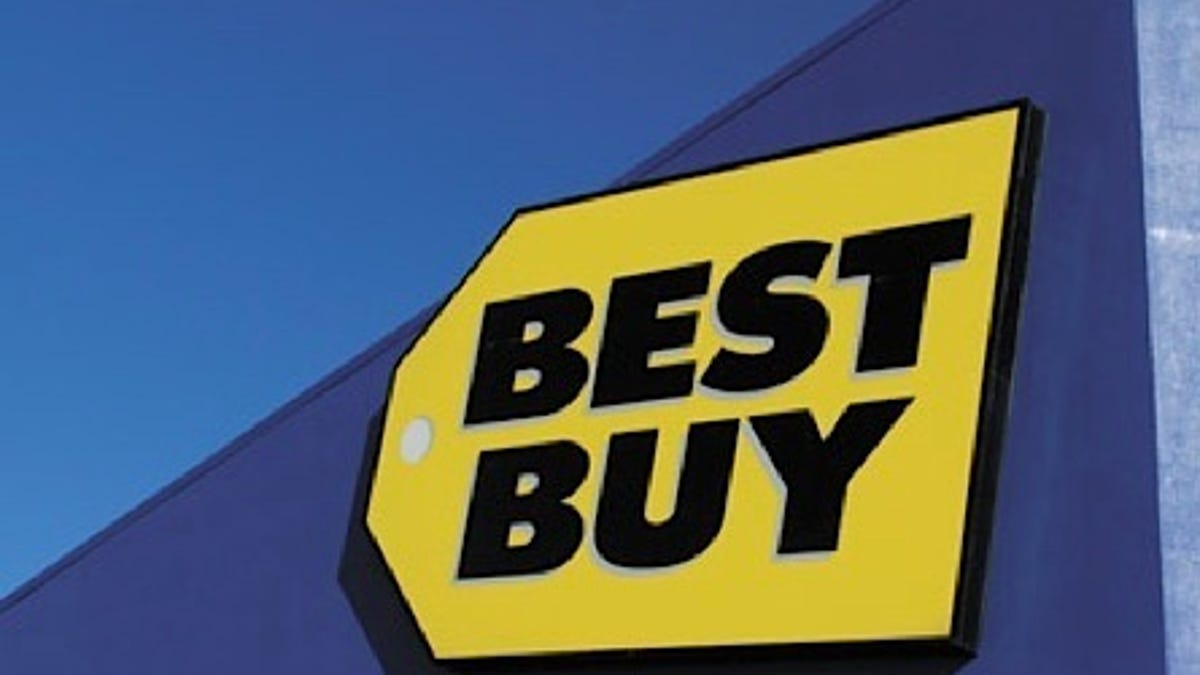Is Best Buy following CompUSA, Circuit City to certain doom?
Is Best Buy on the same slow but steady march to failure taken by CompUSA and Circuit City?

Best Buy is on the same track that two former train wrecks were on, CompUSA and Circuit City.
Today, Best Buy reported a fiscal fourth-quarter net loss of $1.7 billion and announced it is closing 50 stores.
The basic pattern that CompUSA (closed brick-and-mortar stores in 2007) and Circuit City (closed stores in 2008) followed was: first select stores were closed, then more were closed, then all stores were shuttered or sold off.
Is this Best Buy's fate? And why? Below I try to offer some reasons for Best Buy's troubles based on my own experience and input from Roger Kay, an analyst at Endpoint Technologies, and Larry Downes, a consultant and speaker on developing business strategies, who wrote a widely read article on the decline of Best Buy, "Why Best Buy is Going out of Business...Gradually" for Forbes (Downes is also a CNET contributor).
- Going-out-business-gradually-then-suddenly pattern: Disruptive technologies shake up industries and the survivors appear to be successful when they're not. "Incumbents are being transformed by disruptive technologies," said Downes. "And as their competitors close, the remaining companies are shored up because it looks like their market share is growing because there are fewer places to shop. So, they either look like they're stable or sometimes they actually pick up market share because somebody like Circuit City closes and it looks like Best Buy gets more customers. But over time, there's only one or two left and then you see it's really just the dwindling number of customers. And eventually you get the big collapse when the industry truly restructures. And that's what I think Best Buy is heading for though I don't know how quickly the big drop-off will come."
- End of brick-and-mortar heyday and "hybrid" purchasing patterns: There was a time in the early 2000s when storefront electronics retailers like CompUSA, Circuit City, and Best Buy thrived, said Kay. But that heyday is long gone. "In the early 2000s. That's when consumers [as opposed to companies] became more interested in buying computers, when consumer purchases rose as part of total purchases...but now you have this hybrid purchasing pattern where consumers go to retail to look around and then they go buy it at the cheapest [online] site."
- Convenience is king: A corollary to the bullet point immediately above, customers gravitate very quickly to a more convenient shopping experience. "Consumers easily adapt to alternative retail channels. Before the Internet, there was catalog shopping and home shopping from television. For consumers, buying online was just the next step in an obvious progression of more convenient ways to buy," according to Downes, writing in his original Forbes piece.
- Impact of general merchandise retailers like Wal-Mart: Retailers like Wal-Mart and Target can devote shelf space to popular electronics items and therefore are not as vulnerable as a specialty retailer like Best Buy. "It's easy enough for Wal-Mart to have a shelf with some computers, but their exposure is limited," Kay said, who added that slumping TV sales have hurt Best Buy. "That's a big piece of their stores' floor space."
- Misplaced bets in product categories: There was a big shift to tablets at Best Buy stores last year. While iPad inventory sold well, most of the floor space has been devoted to Android tablets, which have not been selling well.
- The Apple factor and the boutique store experience: The Apple retail experience hurts Best Buy. My not-so-hypothetical case (i.e., myself, family, friends) is you have a choice between buying a laptop at Best Buy or the Apple Store. Buy a MacBook at the Apple Store and it's hard to go back to the Best Buy Windows laptop buying experience. Apple salespeople are generally more knowledgeable, the products themselves are generally higher quality, and the stores are more appealing, aesthetically and practically (looks, layout). This trend is exacerbated by the growing popularity of Apple products. If people are going to buy an iPhone, iPad, MacBook, or Mac at a brick-and-mortar outlet, it's going to happen more often at an Apple Store than at a Best Buy.
- Is there hope for hope for the brick-and-mortar electronics specialty store? Based on my experience, the Microsoft Store is a very good imitation of the Apple Store. Stores are well-organized, staff is helpful, and the product selection is better than Best Buy (which, conversely, is a reason for the decline of the Best Buy). At my local Los Angeles Microsoft Store there is a great selection of the latest ultrabooks, high-quality HP Envy laptops (for example), phones, and tablets.

